6. Embers (2016)
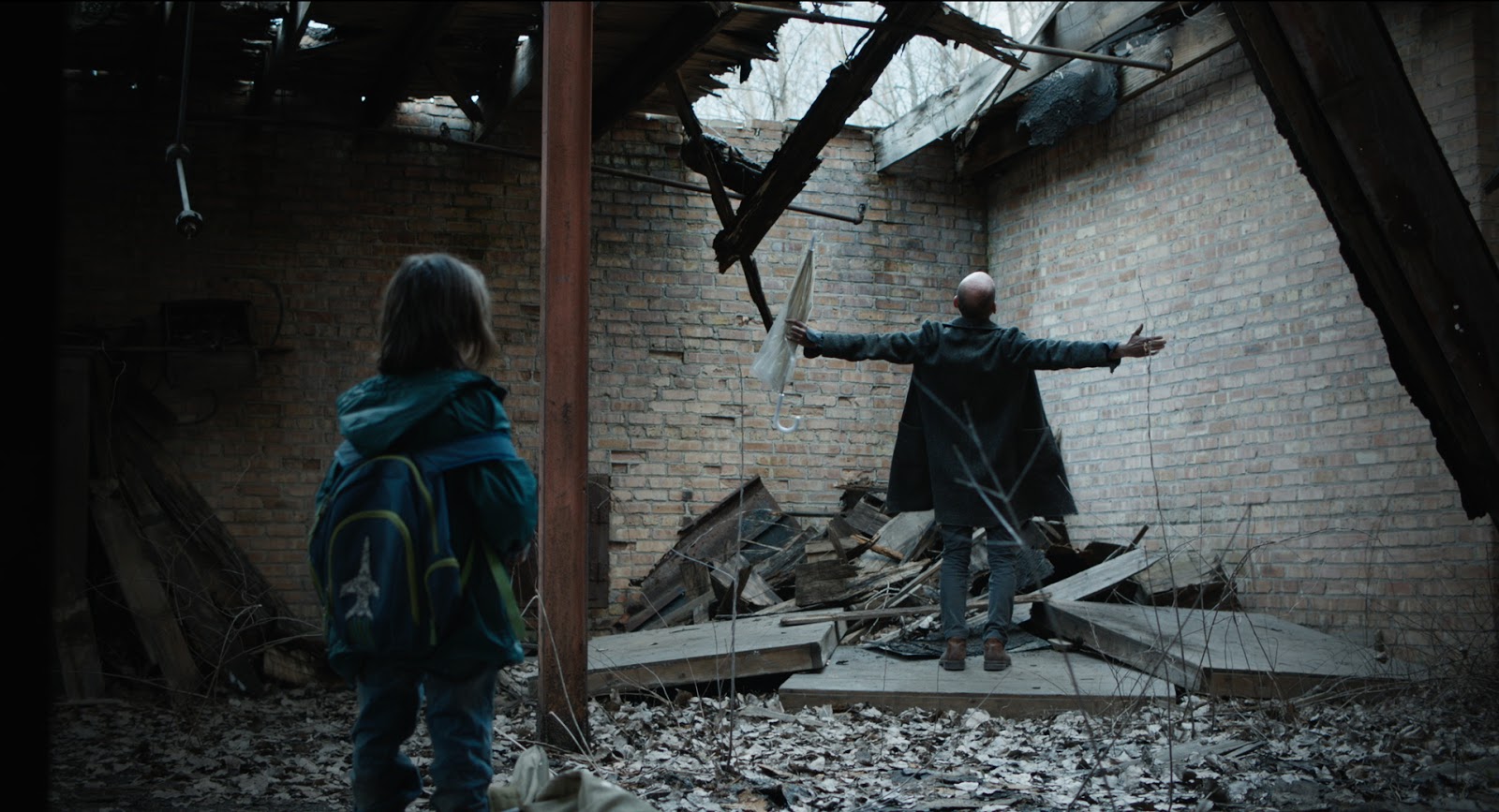
Imagine a movie like Memento except every character has the same condition. This is Embers, where a virus has wiped out people’s ability to create new memories or access their old one , leaving them living in an eternal present. The film follows the lives of several characters as they navigate this new reality and try to find meaning and connection in a world that has lost its past and future.
Unsettling in its portrayal of how humans may react to losing such a core part of their humanity and its effects on how people could possibly live on with such a condition, Embers can be deeply affecting to the viewer. Who are we without our ability to remember our past, ourselves, or even recent events? Embers explores this with sometimes humorous, sometimes heartwarming, and often terrifying effects.
Its exploration of the human experience in the absence of memory raises questions about the nature of identity, memory, and the importance of the past in shaping our present and future. A new twist on the post-apocalyptic genre, there’s something personally affecting about the idea of being unable to remember anything of your past or even present.
A deeply introspective sci-fi film, its exploration of the human experience in the absence of memory ironically leaves viewers with much to ponder. Embers is a powerful meditation on the importance of memory and the human experience that’s hard to forget.
7. Creative Control (2016)
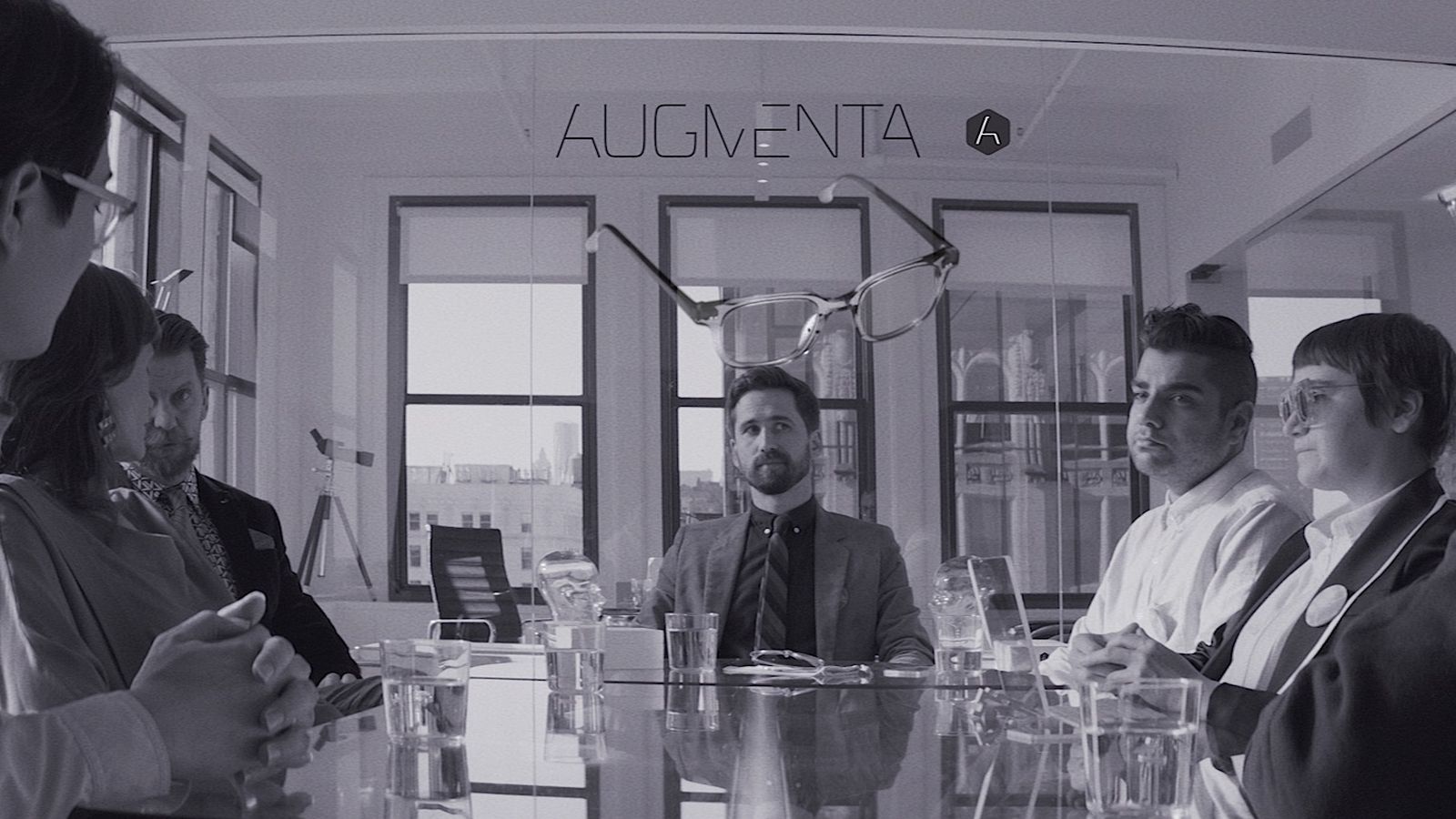
David works at an ad agency currently coming up with an ad campaign for a new augmented reality device called Augmenta. Meanwhile, his philandering friend’s girlfriend comes to work at the ad agency and a relationship between them begins, though not in reality. From there, the film takes its premise and runs with it in surprising and sometimes creepy ways.
Shot in black-and-white, this approach mutes the “ten minutes in the future” premise, grounding it and providing a stylish visual element uncommon in sci-fi films. It also comments on how technology is not a solution to our personal issues but can complicate them in ways that would have been impossible without such tech. In the age of a social media-driven society, Creative Control also glimpses at what could happen if people are given too much control over the reality they perceive and how it can provide temporary relief but ultimately fails humans in the long run.
A biting critique of our technology-driven culture with a well-executed script, Creative Control is a cautionary tale about the dangers of over-reliance on technology and how a virtual world is still no replacement for the real one.
8. Advantageous (2015)
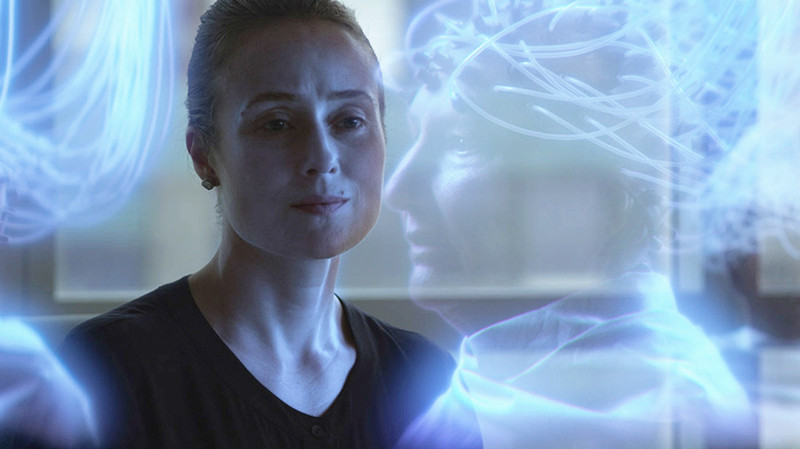
In a near-future where unemployment is at critical levels, Gwen struggles to support her daughter and maintain her position in the world. As the situation becomes desperate and aging women are openly being downsized to provide men more jobs , Gwen agrees to undergo a procedure that will allow her a youthful body and looks for a competitive edge. But the consequences of the procedure are more than the company divulged, leading Gwen 2.0 to experience an altogether new personal crisis.
Advantageous benefits from a strong and emotional performance by its lead actress, Jacqueline Kim (who co-wrote the movie), who delivers an authentic portrayal of a mother struggling to maintain her sense of self and provide for her daughter in a rapidly changing and extremely unfair world.
While its roots are in sci-fi, Advantageous is a powerful meditation on the importance of identity, sacrifice, and the human experience that leaves no easy answers for the audience while allowing for a humane, if unfamiliar, conclusion.
9. The Institute (2017)
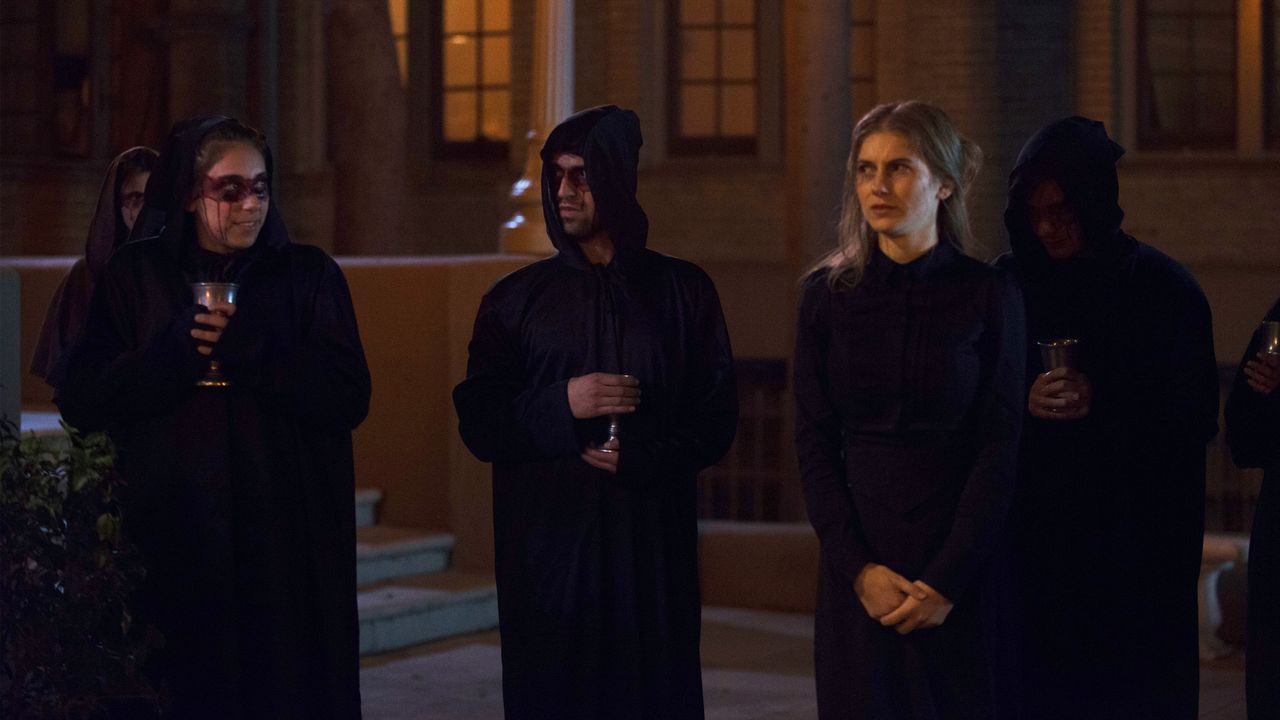
In 1893, young Isobel voluntarily commits herself to a mental institution after the death of her parents. But this is no ordinary asylum and its methods are unorthodox, if not criminal. As the treatments become more bizarre, Isobel struggles to maintain her identity and sanity.
Gothic and offbeat, The Institute was slammed by critics and audiences for being silly and trying too hard to maintain its atmosphere. Loosely based on real events and a glimpse at mental health care in its earliest crude incarnation, there is much to recommend about this film. Its cast is bizarre and makes the film fascinating, as you wonder how James Franco (who co-wrote and co-directed the film), Pamela Anderson, Topher Grace, and Eric Roberts ended up in a gothic sci-fi horror tale together.
Franco has been a controversial figure in Hollywood as he veers wildly from one project to another. His self-directed films are a mixture of experimental cinema and camp, and The Institute is no different. The result is a film that alternately plays it straight while playing a meta joke on the audience. Although dismissed and ignored upon its initial release, The Institute is worth watching as the film feels its sanity slipping as much as the heroine. For fans of camp and sci-fi with some gothic horror thrown in, this film suits your tastes well.
10. Metropia (2010)
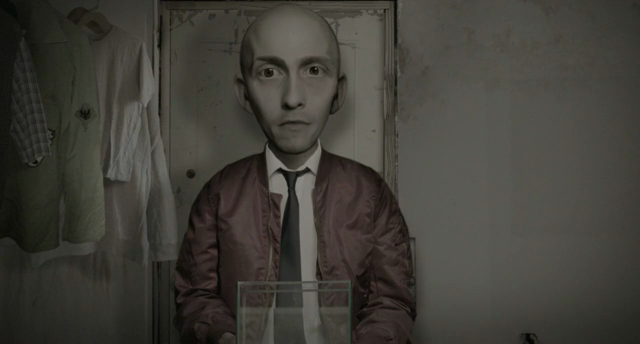
In a dystopian future, the world is running out of oil and a gigantic underground train system connects all of Europe together, effectively abolishing individual nations. In this world, Roger (voiced by Vincent Gallo) fears the underground and begins hearing a voice in his head whenever he descends into it. What he finds is a conspiracy as bizarre as this film is.
Metropia is a stand-out sci-fi film that employs a distinct, unsettling animated style. The uncanny valley effect this creates is on purpose, of course: presenting all characters as not-quite-human cardboard cutouts alienates the viewer as much as the characters feel alienated in their own world.
The running theme of the film is control: private corporations now control nearly everything in this world, making people end users of products instead of treating them as humans. As Roger begins unraveling the dark conspiracy of the truth behind this world, his own grip on reality begins to break apart.
Dark, bizarre, and wholly unique, Metropia is comparable to Brazil in its perspective and tone, only instead of a totalitarian but inept bureaucracy, the world is run by ruthlessly efficient private companies. Their end goal isn’t just control but total domination of humanity, and when watching Metropia one wonders how far off we are from that endgame ourselves. With arresting, unique visuals that emphasize just how far gone the world can become when run by indifferent greed, Metropia resonates even more today than when first released.